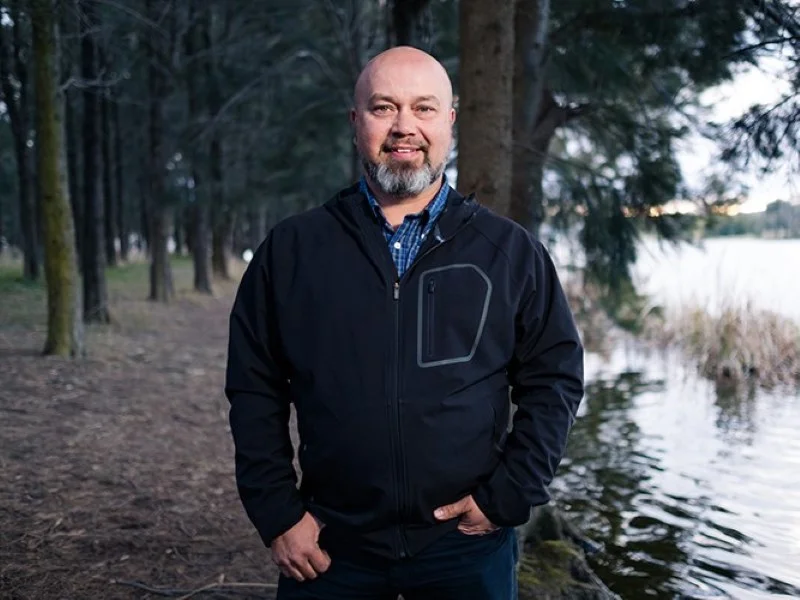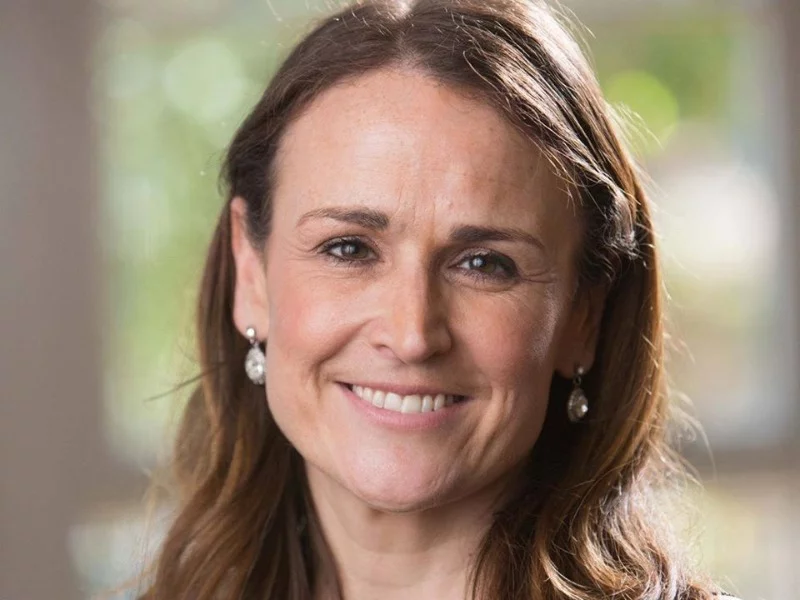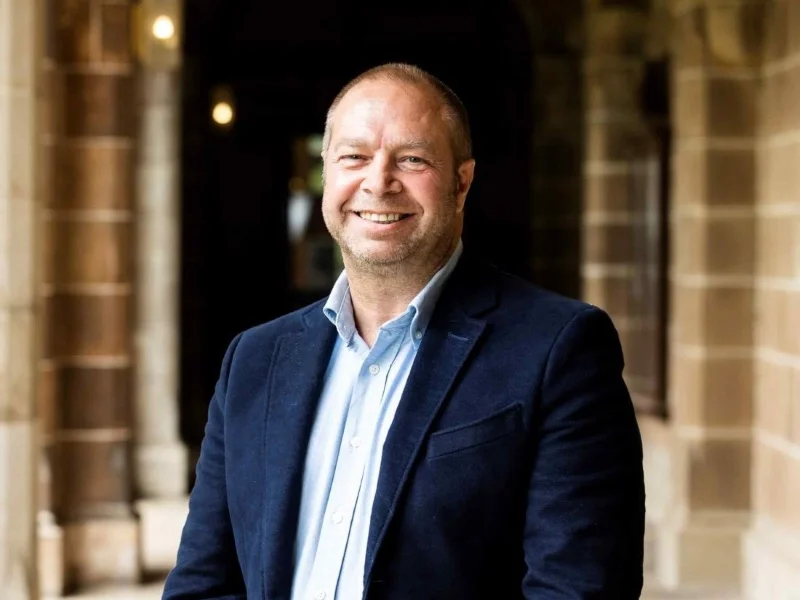Indigenous knowledge has been omitted as a standalone priority from a draft version of Australia’s new national science and research priorities, creating a “massive gap” that experts say will limit funding for an already under-resourced and under-utilised area.
Indigenous researchers and a peak group for scientists are now calling for a late change to the year-long update process that would make the elevation and investment in First Nations perspectives on science, technology and innovation a standalone priority within the new science strategy.
Kamilaroi water scientist Associate Professor Brad Moggridge said the stated integration of Indigenous knowledge throughout the new draft priorities is welcome. But its absence as a standalone priority leaves a “massive gap” that will make progress harder.
“Science has had a long time to do things better and I don’t think they’ve succeeded yet, especially in Australia’s short history of post colonisation of 235 years,” he told InnovationAus.com.
“It hasn’t done well, and some of the decisions that are being made are poorly informed and I think Indigenous knowledge can value-add and strengthen decisions, but also be a part of part of the solution to fix 235 years of abuse of country.”

The national science and research priorities are intended to focus the Australian government’s support for science and research on the most pressing issues facing the county. The priorities have not been updated since 2015.
“It’s really important to understand that these priorities will crystallise what’s important for the nation for the decade ahead and guide Australia’s research agenda and focus in that coming decade,” said Science and Technology Australia chief executive Misha Schubert, whose organisation represents 110,000 scientists and technologists.
“[The priorities] will also play a key role in determining what research gets funded, which is why this is such a crucial opportunity and why we must not miss this moment in history” she said.
Industry and Science minister Ed Husic last year launched a review of Australia’s “out of date” national science and research priorities, which are currently: food, soil and water, transport, cybersecurity, energy, resources, advanced manufacturing, environmental change, and health.
Despite flagging the elevation and investment in First Nations perspectives on science, technology and innovation from the start, draft priorities released last month do not have this or similar as a standalone priority.
“Aboriginal and Torres Strait Islander peoples asked that First Nations knowledge and knowledge systems be reflected throughout the priorities, rather than as a standalone area,” according to Australia’s draft National Science and Research Priorities report.
However, others involved in the draft priorities have also told InnovationAus.com the omission of a standalone priority was a surprise given it was at the forefront of early discussions.
Asked about the change, a spokesperson for Mr Husic said the government is “committed to elevating First Nations science”.
“We are currently considering submissions provided in response to the draft priorities from a range of stakeholders,” the spokesperson told InnovationAus.com.
“We will have more to say once this process is concluded.”

Science and Technology Australia’s call to reinstate it as a standalone priority is backed by Professor Moggridge, who also chairs the National Indigenous STEM Professionals Network, and other Indigenous science leaders like CSIRO Board Director Professor Alex Brown and founder of Deadly Science Associate Professor Corey Tutt.
Other science and research groups have not been as critical but many have called for more detail on how Indigenous knowledge will be recognised and interwoven throughout all priorities.
The government report flags further discussion with First Nations communities to ensure “their expertise is integrated respectfully and where appropriate”. It sought more input in the final round of consultation that closed last month on four draft priorities:
- Ensuring a net zero future and protecting Australia’s biodiversity
- Supporting healthy and thriving communities
- Enabling a productive and innovative economy
- Building a stronger, more resilient nation.
Indigenous knowledge is only explicitly identified as an aim and research area in the draft report for the net zero and biodiversity priority, but the government is seeking more feedback on building a system that recognises and values First Nations knowledge and knowledge systems.
“Looking deeper into the draft priorities,” Professor Moggridge says, “it has Indigenous people only as helping with flora and fauna, and restoring of biodiversity. We’re more than that.”
He said more fundamental change is needed to recognise Indigenous knowledge stretches beyond conservation and biodiversity, but also to ensure it is actually supported and utilised.
“Science needs to evolve and see Indigenous knowledge as an equal, not as myths and legends and stories. I’m not inspired by these priorities,” he said.
University of Melbourne Deputy Vice-Chancellor (Indigenous), Professor Barry Judd, who leads the institutions Indigenous focused aspirations, is also backing a standalone priority that representing Indigenous knowledge.
“Our research and science system is just beginning to recognise the potential of Indigenous knowledge,” he told InnovationAus.com.
“There needs to be a strong, national focus on Indigenous knowledge, along with dedicated resources to build the Indigenous researcher pipeline, empower Indigenous communities to become equal research partners and enable institutions to enhance the competencies of all staff in all aspects of Indigenous knowledge and knowledge systems.
“While we have witnessed change in the last decade regarding the valuing of Indigenous knowledge, identifying Indigenous knowledge as a standalone priority is an important step towards full recognition of Indigenous knowledge, expertise and relationships.”

Ms Schubert said it is critical to have Indigenous knowledge recognised as a dedicated priority because when operationalised, the priorities act as a reductive list that directs major grant funding.
It would send a “powerful signal” to funding bodies that have typically overlooked or underfunded the area that Indigenous research and knowledge is fundamentally important to the nation, she said.
“It’s what makes our knowledge, our science, our research efforts genuinely unique in the world. So if we missed that moment, we will have missed that chance to embed a powerful signal back into the funding research architecture of the country.”
Deputy Vice-Chancellor Judd, also a Professor of Indigenous Studies, agreed the recognition would help stimulate funding while sending an important message to prospective students and researchers.
“It sends an important signal to Indigenous communities of the value of Indigenous knowledge, leading to the creation of reciprocal collaboration, partnerships and knowledge exchange,” he said.
Professor Moggridge said the current lack of recognition is contributing to an underutilisation of Indigenous knowledge in Australian science, which is reflected in his area of expertise, water.
“Talking as a as an Aboriginal scientist, I struggle to see my relevance and I just keep pumping out the research. It’s a very niche space that I’m in, but when you think about water – we are the driest inhabited continent on earth and Aboriginal people don’t have a say in how water is managed.”
Professor Judd said Indigenous knowledge has not been properly harnessed and still holds potential for addressing challenges that range from climate change and biodiversity loss to public health and ethical AI.
“There remains huge opportunities to strengthen the relationship between western science and Indigenous knowledge systems and address a multitude of local and global problems,” he said.
“A major barrier is the Indigenous researcher pipeline. If the government is serious about unlocking the Indigenous knowledge that will deliver innovation and economic benefits, they must commit appropriate funding and incentives.
“Priorities must be accompanied by a commitment to building Indigenous research capabilities in key areas.”
Professor Moggridge also sees untapped potential because of the current system and its funding constraints.
“There’s Indigenous scientists out there doing the hard yards, but there’s also knowledge holders that aren’t recognised for the connection and understanding of country,” Professor Moggridge said.







